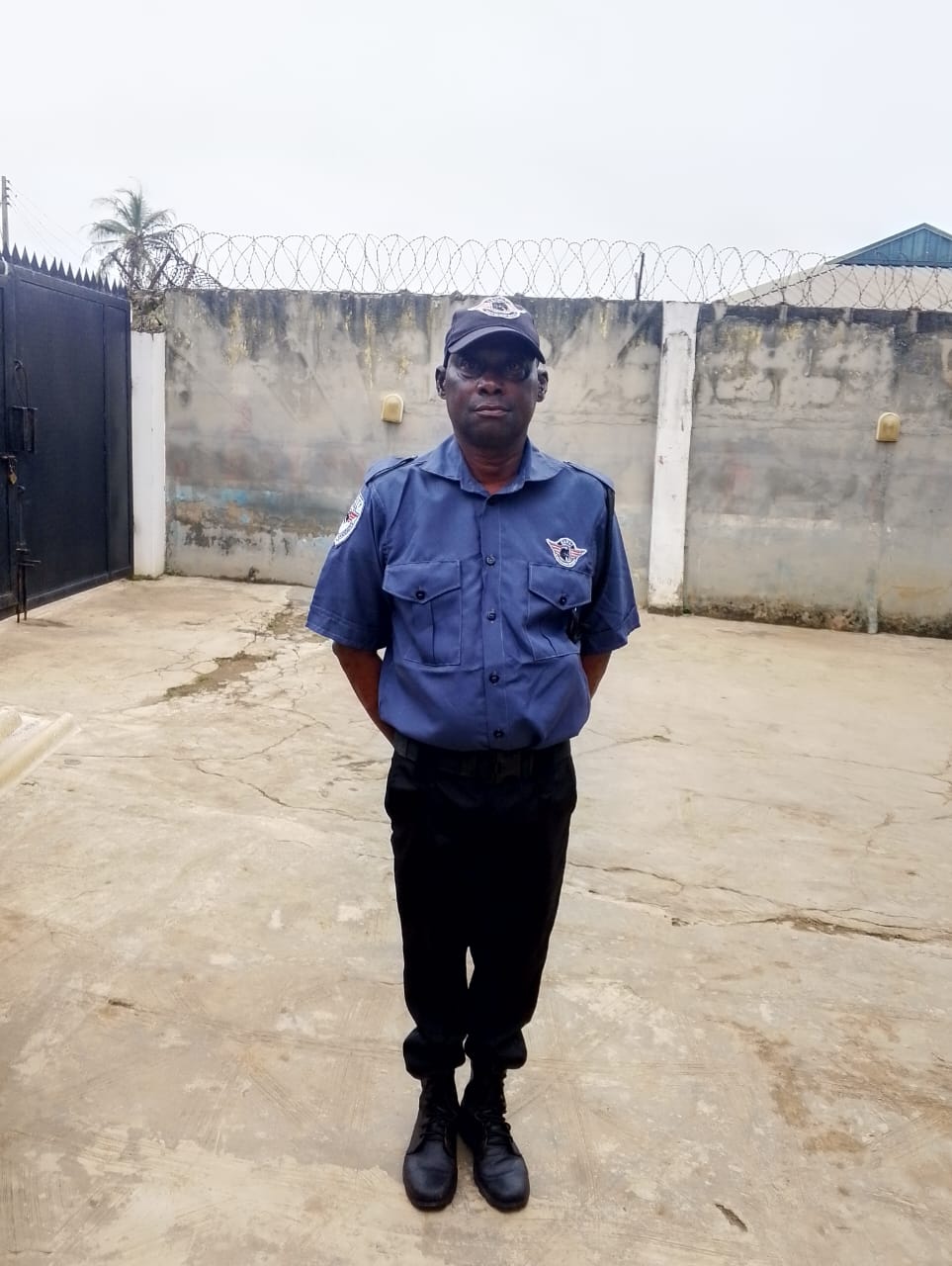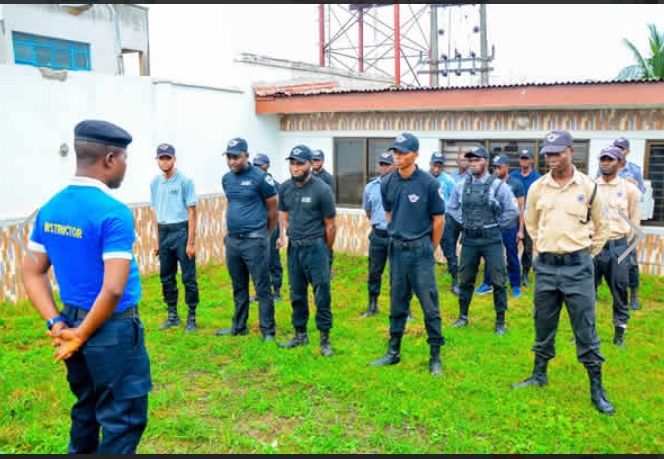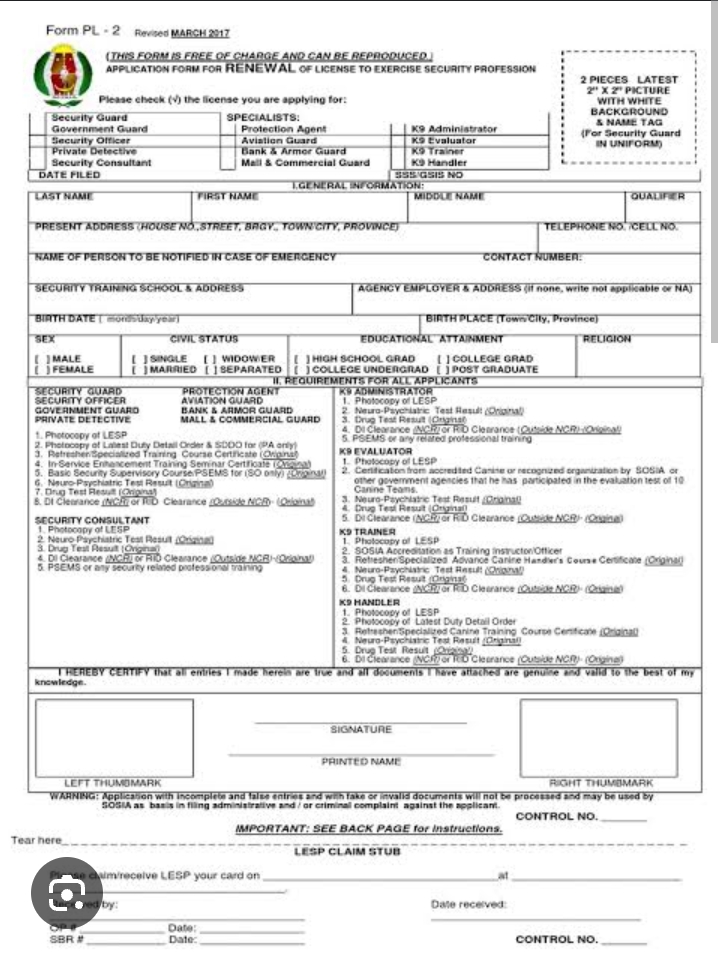


Underpaying security guards is not a smart business move. It leads to a range of negative outcomes, including low morale, high turnover, and increased risk to your property and people. In Nigeria, some clients pay as little as ₦30,000 per guard—less than half the national minimum wage. This results in security companies cutting corners on training, equipment, and background checks, which ultimately affects everyone.
A guard who is underpaid and unsupported is more likely to ignore threats or even become part of the problem. Lost assets, unreported incidents, and reputational damage rarely show up in the monthly invoice—but their impact can be devastating.
The solution is simple: invest in your security. Insist on living wages, ongoing training, and proper equipment. Ask your provider for proof. For business owners, this is not just about compliance; it is about protecting what matters most.
If you are hiring security, challenge the "cheapest is best" mindset. If you are in government, enforce wage and licensing standards. If you are in the industry, refuse contracts that do not allow you to do the job right.
Security is never truly cheap. Pay fairly, demand professionalism, and get peace of mind in return.

Professionalism is the backbone of adequate security, yet it's often missing in Nigeria's private sector. Guards are deployed with minimal training, supervisors lack assessment skills, and companies operate with little oversight. This leads to gaps that put businesses and lives at risk. The need for professionalism in the private security sector is clear, and it's time to address these issues.
A professional security industry requires standards: mandatory training, licensing, regular audits, and a culture of accountability. Guards should know how to handle emergencies, report incidents, and understand site-specific risks. Supervisors must be able to assess threats and write clear, actionable reports.
The path forward is clear: government agencies and security associations need to work together to set, enforce, and regularly update standards. Security companies must invest in staff development and refuse to cut corners. Clients should demand evidence of training and certification before signing any contract.
Professionalism is not just about uniforms or paperwork—it is about trust. When trust is broken, everyone pays the price.
Let us raise the bar for security in Nigeria: push for industry-wide certification, invest in continuous training, and expect more from everyone in the chain.
What single change would most improve professionalism in security? Have your say below.

Security is not just about putting bodies at your gate. It is about systems, standards, and support. Too often, clients shop for security like they are buying groceries—comparing headcounts and chasing the lowest price, without asking what is behind the scenes.
A responsible security company does much more than deploy guards. They recruit carefully, vet backgrounds, provide uniforms and training, and supervise staff closely. They invest in equipment, maintain communication lines, and pay on time. Each shortcut a company takes—whether in training, pay, or supervision—directly increases your risk.
Clients, do not be fooled by low bids. Demand transparency: ask what is included, how guards are supported, and what happens when things go wrong. If a provider cannot answer, look elsewhere.
Security is a service, not a commodity. When you focus on quality, you get a team that protects your interests, not just a group of bodies in uniform.
When evaluating security providers, always demand transparency. Ask what is included, how guards are supported, and what happens when things go wrong. Remember, a lack of transparency is a red flag that should not be ignored.

Licensing should mean trust—but in Nigeria’s security industry, it too often means little more than paperwork. Companies get licensed with minimal scrutiny, and guards are rarely held to consistent standards. The result? Unqualified providers, untrained guards, and a public that loses faith in the system.
We need a better approach. Every security company should face regular, independent audits. All guards should be licensed only after background checks, training, and exams. Licenses must be renewed periodically, with real consequences for violations.
Industry associations can help, but government must lead: set clear standards, enforce them, and publicize penalties for offenders. Only then can we restore confidence in private security.
If you are a client, demand proof of licensing and recent audits. If you are in the industry, push for reform. If you are a policymaker, make licensing mean something.
Is your provider genuinely licensed and audited? Should guard licensing be mandatory? Let us discuss.

Would you hand your keys to a stranger? Every day, guards are deployed without proper background checks or licensing. This is a gamble no business should take.
Background checks and licensing are not just red tape—they are essential safeguards. They filter out risks, confirm qualifications, and build public trust. When companies skip these steps, they endanger clients, employees, and the community.
Clients must demand proof of screening and certification for every guard. Government and industry should create shared vetting systems, making checks affordable and consistent.
Security companies: invest in these basics. Clients: insist on them. Policymakers: make it law.
Trust is built on transparency, not assumptions.
Do you know if your guards were vetted and licensed? Should this be enforced nationwide? Let us talk.
West Africa is embracing digital transformation at breakneck speed—but so are the criminals and terrorists working to destabilize our communities. Are we matching their pace, or falling behind?
In my latest article, I explore how technology is changing the security landscape in West Africa, both for good and for bad—and why digital skills are now as important as boots on the ground.
Where do you see the most significant gaps or opportunities? How are you or your organization adapting to the digital shift in security?

Nigeria's security industry is at a crossroads. Here is a five-point plan to move us forward:
1. Fair Pay: Enforce a living wage for all guards.
2. Mandatory Training&Licensing: Require ongoing, standardized certification.
3. Client Education: Show clients the actual value of professional security.
4. Government Regulation: Demand clear standards, regular audits, and real penalties.
5. Industry Self-Policing: Call out bad actors, share best practices, and support reform.
No one can do this alone. Companies, clients, regulators, and the public must all step up.
Let us make security a profession, not a last resort. Share these ideas, challenge the status quo, and demand better from yourself, your partners, and your country.
What is the first step you will take to raise security standards? Share below.

Recruitment for criminal and terrorist groups is no longer happening in the shadows,it is happening on our phones, in our schools, and across social media.
My new article breaks down how bandits, kidnappers, and extremists are using digital platforms to target West Africans, and what makes online recruitment so effective.
Have you seen signs of this in your community or network? What is working (or not working) to counter it?

At House of Recovery, Gamut Security and Escort Services delivered a complete safety and power solution.
Our team successfully handled the solar installation, solar and security lighting, CCTV camera installation, and the provision of a well-trained security personnel to ensure round-the-clock protection of lives and property.
We don’t just provide guards , we build comprehensive security systems tailored to our clients’ needs. Booking us in 2026 will be the best decision you would ever make and of course it is Nationwide Delivery
© 2026Gamut Security and Escort Services | created by Xtreme Web Services.